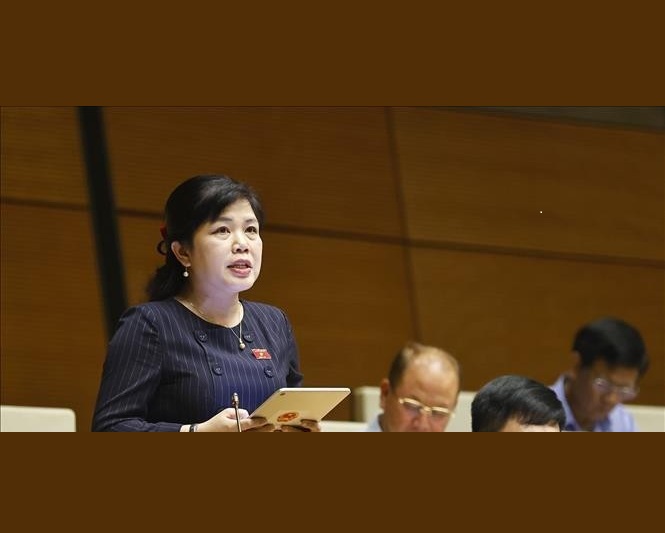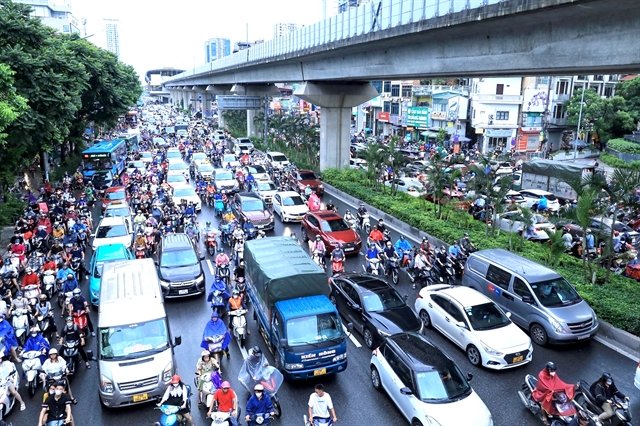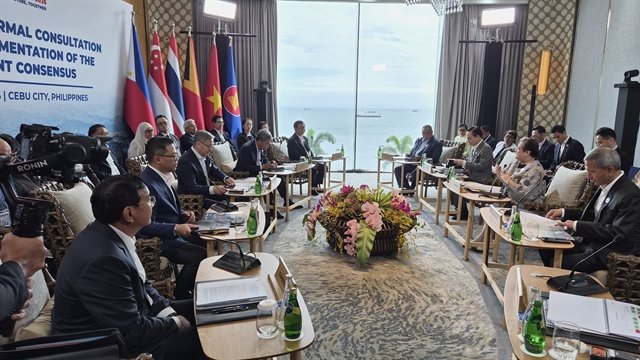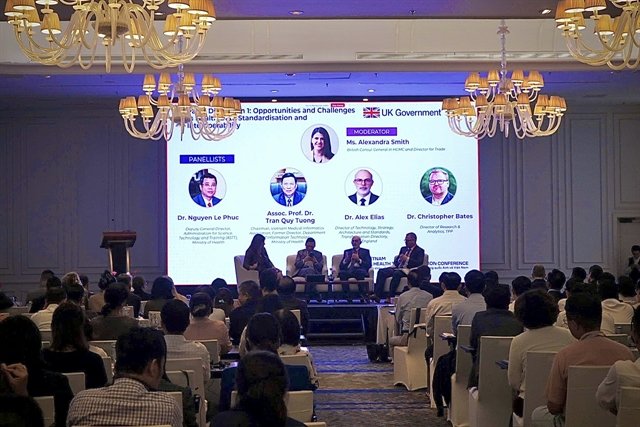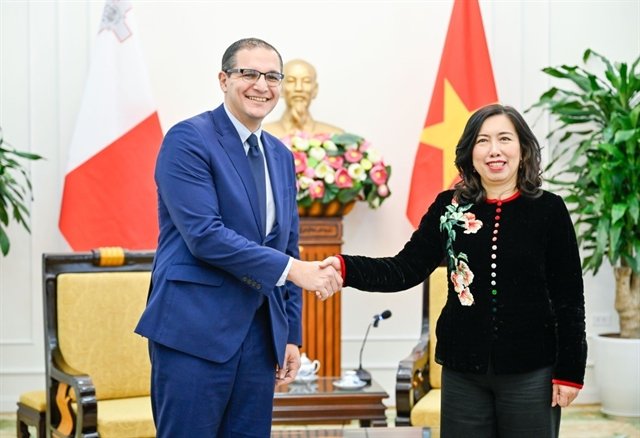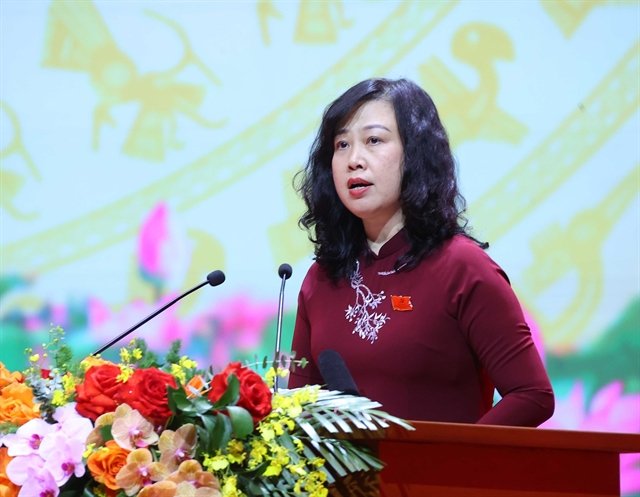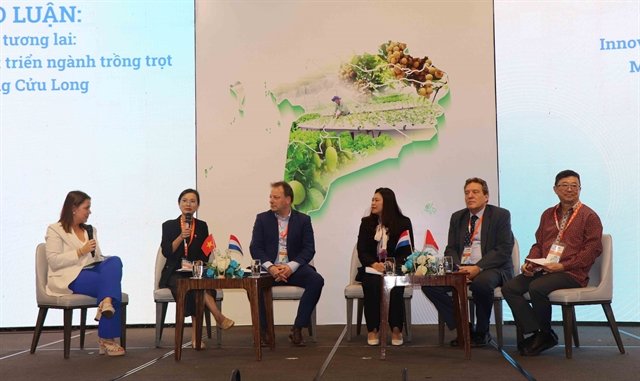Hanoi, November 07, 2025 – The Europe Today: Lawmakers in Vietnam convened on Thursday afternoon to discuss the draft law amending and supplementing several provisions of the Law on Technology Transfer. The discussions highlighted the importance of introducing a post-implementation review mechanism to enhance transparency and prevent misuse in technology valuation and transfer.
Delegates noted that the revised law aligns with Vietnam’s vision of a knowledge-based, innovation-driven, and digital economy, contributing to the Party and State’s objective that “science, technology and innovation are the top national policy.” However, they cautioned that without adequate oversight, new provisions allowing technology-based capital contributions could pose risks.
Deputy Nguyễn Thị Thu Hà of Quảng Ninh Province highlighted that one of the draft law’s new features permits capital contributions in the form of technology, potentially unlocking the “frozen” value of intellectual assets. She stressed, however, that allowing parties to self-determine technology value could lead to inflated valuations, creating “virtual capital” and affecting the investment climate. She recommended that the drafting agency clarify the valuation mechanism and encourage the use of independent appraisals to ensure transparency and prevent abuse.
Other deputies supported granting ownership rights to organisations that directly create technology, with certain exceptions, as a measure to remove barriers in transferring intellectual assets from research institutions to the market. They also warned that the provision permitting parties to freely determine technology value could result in transfer pricing or artificial capital creation if not carefully regulated.
Deputy Dương Khắc Mai from Lâm Đồng Province proposed supplementing the law with a post-implementation review mechanism and requiring independent valuation for high-value technology transactions. He also called for clear legal responsibilities for parties involved in inaccurate or fraudulent valuations. He recommended simplifying procedures for capital contributions through technology and establishing a “one-stop” system linking the Law on Technology Transfer, the Law on Enterprises, and the Law on Intellectual Property to accelerate the commercialisation of research outcomes.
Regarding technology appraisal in investment projects, he noted that current procedures remain complex, involving multiple agencies and lengthy processing times. He suggested integrating technology appraisal with investment licensing and environmental impact assessments through an electronic one-stop mechanism to save time and reduce overlapping processes.
Deputies also endorsed the introduction of a post-implementation review mechanism to ensure the law’s effective enforcement. They proposed that the Government develop detailed criteria and methods to assess the efficiency of technology transfers and delegate provincial authorities to evaluate projects using State funds, with regular reporting to the Ministry of Science and Technology.
Deputy Hoàng Văn Cường of Hà Nội welcomed the draft law’s focus on promoting technology transfer both domestically and internationally but noted that provisions on outbound technology transfer remain vague. He recommended clarifying policies to encourage two-way technology transfer while protecting key and core technologies developed by Vietnamese scientists.
He further emphasized that for emerging technologies, such as artificial intelligence, semiconductors, and big data, mechanisms should be in place to restrict transfers or require licensing prior to export to safeguard competitive advantages and national interests.
